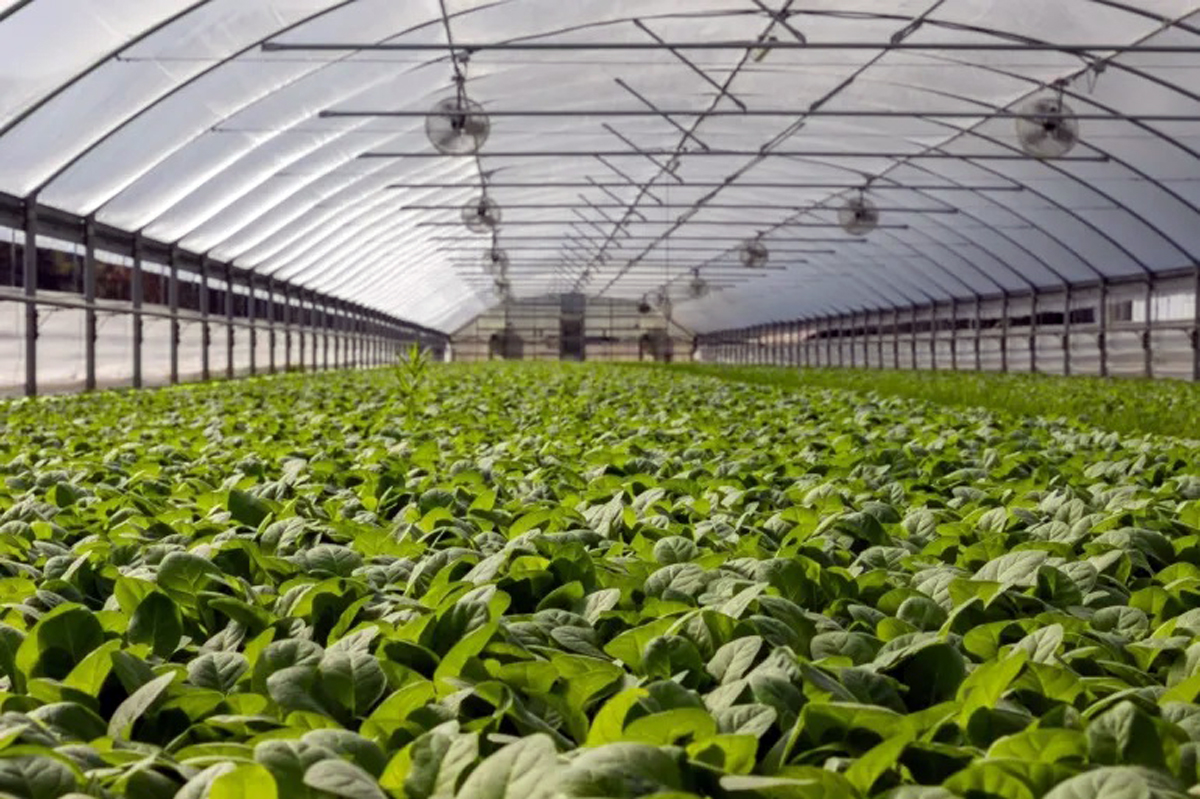- Local News
- Tue-2023-09-12 | 04:10 pm

Nayrouz News Agency :
Three Jordanian startups have succeeded in designing and creating multiple state-of-the-art environmental models, including hydroculture and urban agriculture, in an effort to curb the repercussions of climate change in the Jerash and Mafraq governorates.
The companies leveraged the hydroponics method, urban agriculture and vertical farming concepts to achieve this goal as part of a project to scale up innovation in the field of water management for climate security in northern Jordan, which is implemented by the United Nations Development Program in cooperation with the Royal Scientific Society as part of a regional project titled "Climate Facility to Achieve Sustainable Development Goals: Climate Action for Human Security in the Arab Countries" and with support from the Swedish International Development Cooperation Agency.
Hydroponics, a subset of hydroculture, is a technique used to grow plants without soil to promote the sustainability of the food system and combat climate change, while urban agriculture exploits empty spaces in cities to produce food, reduce carbon emissions and enhance the resilience of food systems.
Omar Bawab, one of the founders of the startup iPlant, launched three agricultural models in the Jerash and Mafraq governorates, in an effort to adapt to different environmental conditions and provide high-quality and low-cost produce throughout the year.
He stressed that these models have encouraged many people to adopt vertical farming, especially the hydroponic farming system, which is at the forefront of innovative agricultural methods, noting that his organization’s team has endeavored to provide the latest agricultural technologies to produce top-grade leafy greens and other agricultural crops.
He explained that the crops from the new models are difficult to obtain using traditional techniques, noting that some of these models work to exploit natural resources, including solar energy, rainwater, and beneficial bacteria to increase the efficiency of the overall agricultural system in the Middle East.
Founder of the Senara Khadra incubator Mohammed Syam said that the startup undertook the designing and manufacturing of various types of hydroponic farming systems in accordance with the available spaces to rationalize water consumption using the closed irrigation system.
He pointed out that these models reduce the rate of water evaporation to ensure better plant growth, stressing the possibility of growing leafy greens and some fruits through the use of an inert medium (such as volcanic tuff) and through nutrient solutions inside the greenhouse equipped with fans to provide the appropriate temperature for plant growth.
Saeed Bawab, founder of the startup Green Start Company, voiced his enthusiasm for urban agriculture, calling it "one of the most beautiful ways" to encourage agriculture in urban areas to reduce the repercussions of climate change on the local environment.
Bawab's idea was to establish green walls in the courtyards of homes or on roofs by integrating modern architecture with sustainable agriculture through creative designs that establish green spaces internally and externally and fill up the daily food basket with produce. They also form an appealing green coverage painting the walls of buildings and purifying the air at the same time in a modern and technological manner, he added.










